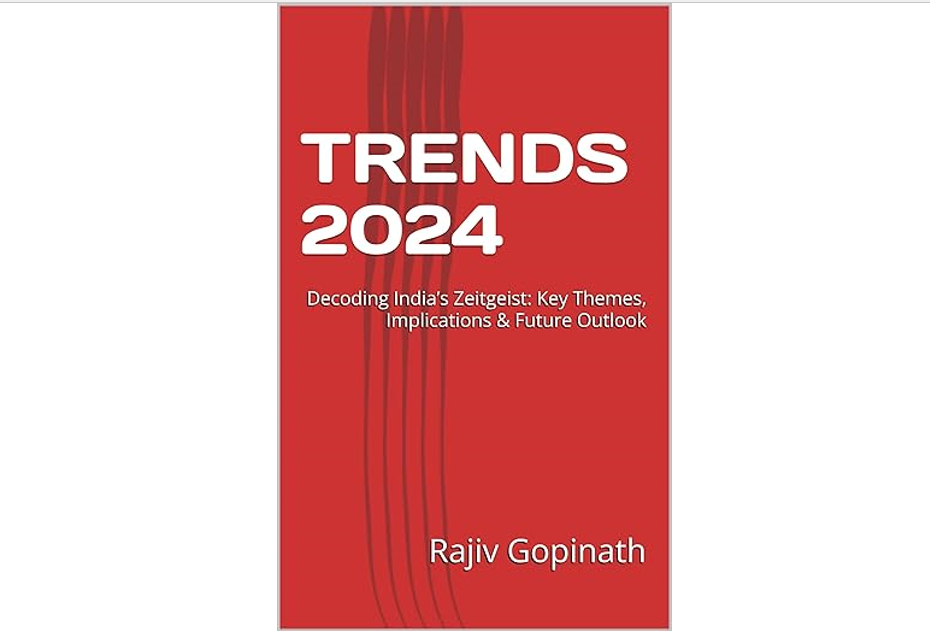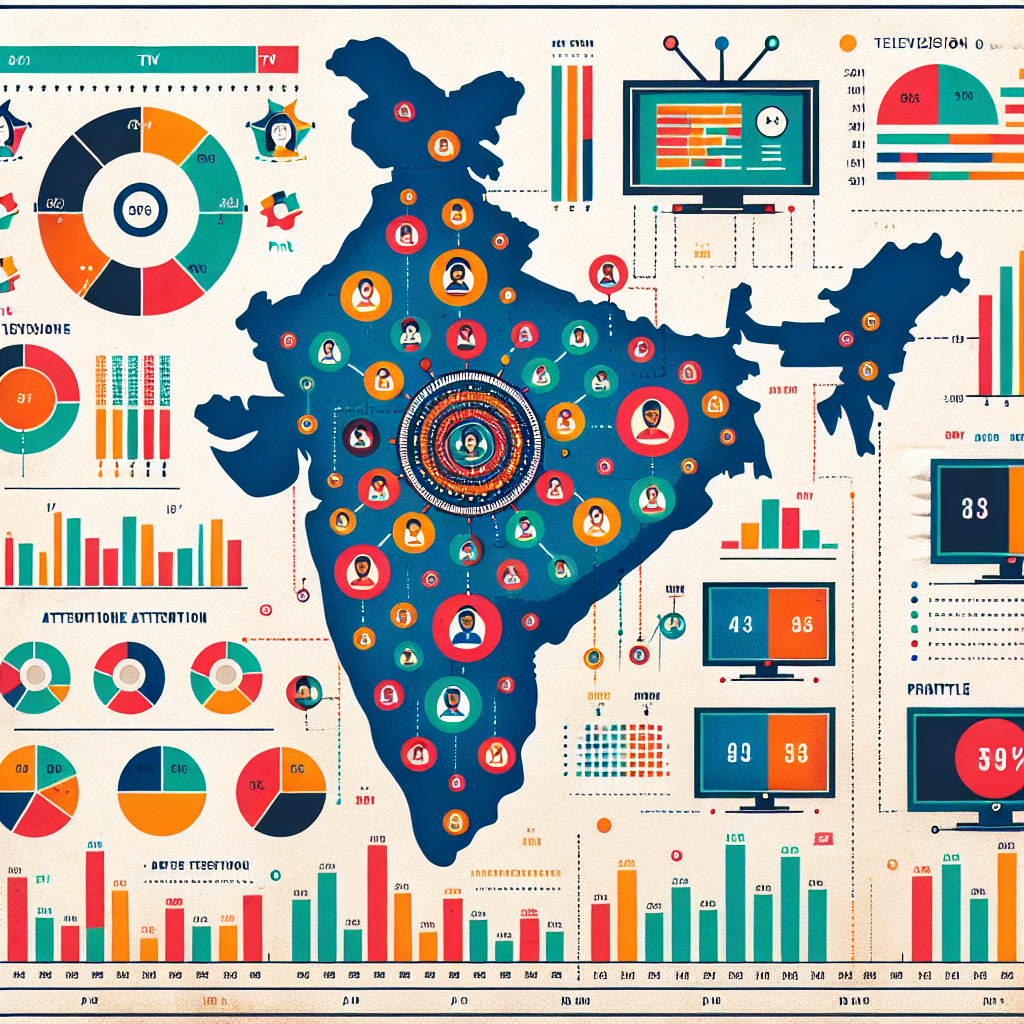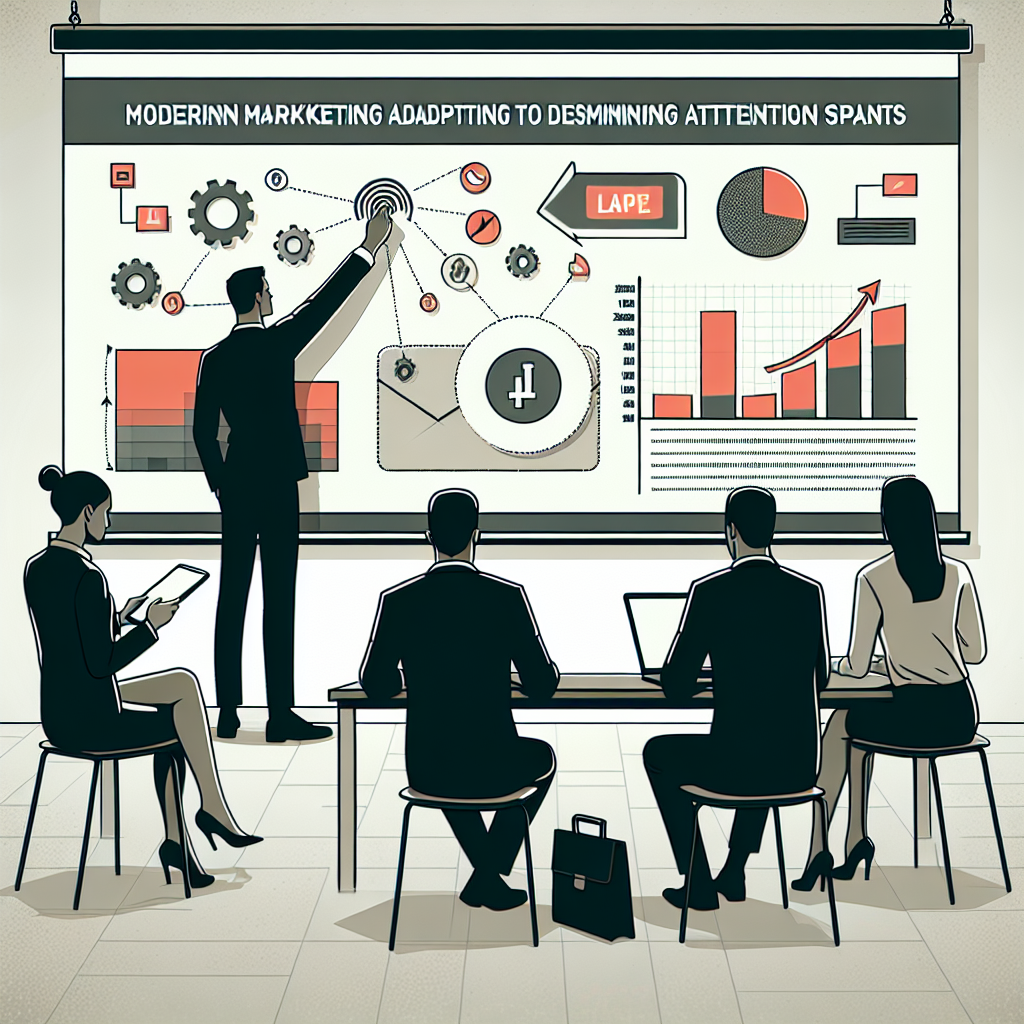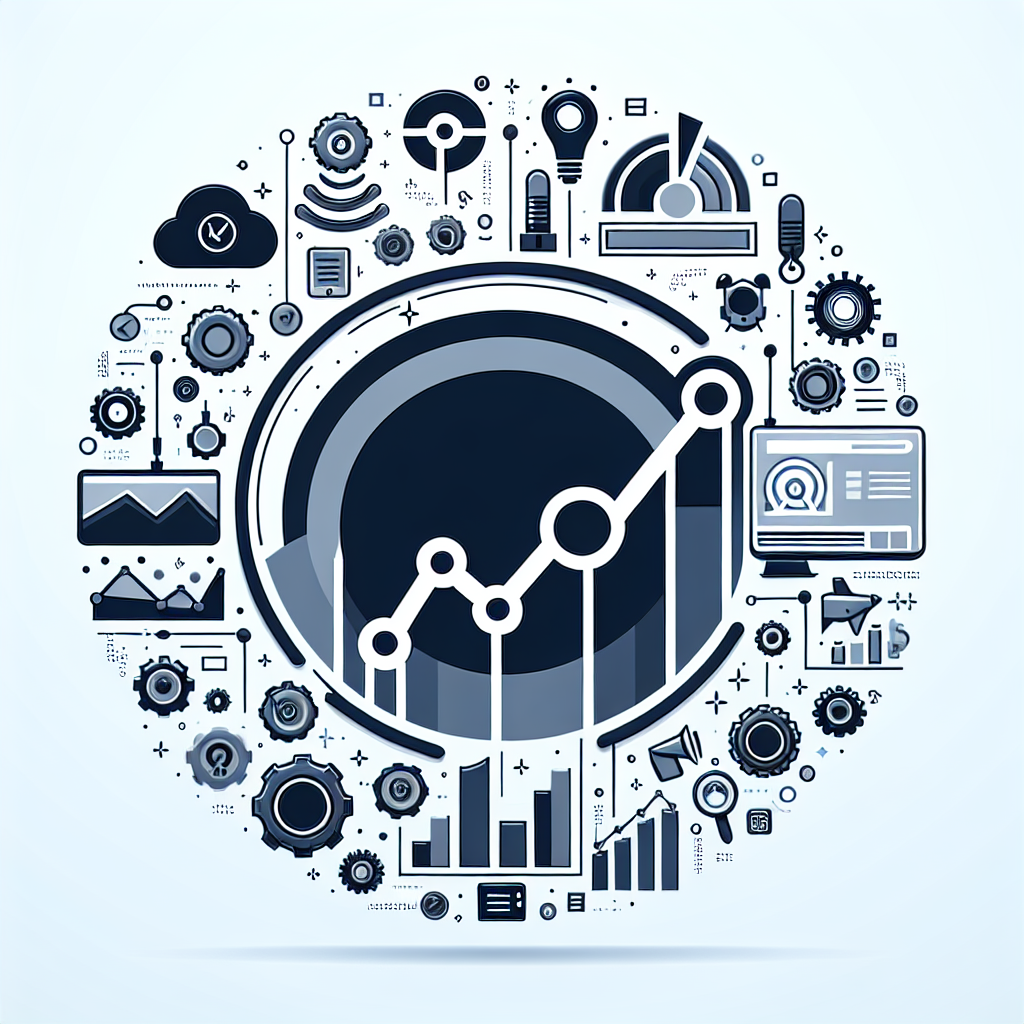How Open Data Standards Can Improve Consumer Trust in Marketing
While attending a marketing conference in Berlin last year, Jesse found himself in a heated discussion with a consumer rights advocate who challenged him: "How can you marketers expect trust when consumers have no idea what happens to their data?" Before Jesse could respond, a tech executive interjected: "The problem isn't data collection—it's the lack of transparency and standardization." That conversation transformed Jesse’s perspective on marketing’s trust crisis. He realized that without standardized ways to communicate data practices, consumers would continue to view marketing with suspicion, regardless of the industry's intentions.
Introduction: The Trust Deficit in Digital Marketing
The marketing industry faces a profound trust crisis. According to the Edelman Trust Barometer, only 38% of consumers trust digital marketing messages, with data privacy concerns cited as the primary reason for skepticism. This erosion of trust threatens the foundation of modern marketing, which relies on data exchange to deliver personalized experiences.
The paradox is clear: consumers want personalization but fear how their data is used to achieve it. As Ann Cavoukian, creator of Privacy by Design, observes, "The future of digital marketing depends not on collecting more data, but on building trust in how data is managed." Open data standards represent a systematic approach to solving this contradiction by creating transparent, consistent frameworks for data handling across the marketing ecosystem.
1. The Evolution of Data Standards in Marketing
Data standards have evolved alongside digital marketing itself. The early web operated without structured data policies, leading to inconsistent practices across platforms and brands.
The Internet Advertising Bureau (IAB) created the first significant standards with the VAST and VPAID protocols for video advertising. However, these focused on technical operations rather than consumer transparency. Recent initiatives like the IAB Tech Lab's Data Transparency Standard and Project Rearc represent a shift toward consumer-centric open standards.
Unilever demonstrates the business value of this approach through their Responsible Data initiative, which implements consistent data standards across their global operations. This commitment has contributed to a 17% increase in their "trusted brand" metrics among digitally engaged consumers, according to their 2023 consumer research.
These developments align with what MIT professor Sinan Aral calls "the transparency imperative"—the recognition that organizations must standardize and communicate their data practices to maintain consumer relationships in the digital economy.
2. Open Consent Frameworks as Trust Infrastructure
Open consent frameworks standardize how companies collect, manage, and communicate privacy preferences. These frameworks form the infrastructure of trust-based marketing relationships.
The Transparency and Consent Framework (TCF) developed by IAB Europe provides a standardized mechanism for obtaining and managing consumer consent across the advertising supply chain. Despite regulatory challenges, the framework demonstrates how standardization can create consistent consumer experiences around privacy choices.
Apple's App Tracking Transparency, while proprietary rather than open, illustrates how standardized permission interfaces affect the ecosystem. Research from Oxford's Internet Institute shows that clearly designed consent standards with consistent user experiences increase engagement with privacy options by 47%, enabling more informed decision-making.
Professor Helen Nissenbaum's concept of "contextual integrity" provides the theoretical foundation: consumers need consistent frameworks to understand how their data flows between contexts. Open standards enable this understanding by making data practices predictable across touchpoints.
3. Interoperable Identity Solutions
Fragmented identity systems create confusion for consumers trying to manage their digital presence across platforms. Open identity standards are emerging to address this challenge.
The Partnership for Responsible Addressable Media (PRAM) represents a cross-industry effort to develop standards for identity that balance personalization with privacy. Similarly, initiatives like Unified ID 2.0 demonstrate how open-source, email-based identity solutions can provide transparency while enabling effective marketing.
The New York Times implemented these principles through their first-party identity solution built on standardized consent protocols. By clearly communicating how identity data powers their services while providing standardized controls, they increased logged-in users by 44% over 18 months.
Professor Anita Allen of the University of Pennsylvania argues that "identity coordination through open standards represents the next frontier in digital ethics," where consumers gain greater agency through consistent identification protocols across digital touchpoints.
4. Data Portability Standards and Consumer Empowerment
Data portability standards enable consumers to move their information between services, enhancing autonomy and trust.
The Data Transfer Project—a collaboration between Google, Facebook, Microsoft, and Twitter—created open-source tools for direct data portability. These tools implement what the World Economic Forum describes as "personal data rights infrastructure," giving consumers standardized mechanisms to control their digital footprints.
Starbucks leveraged data portability standards to build their Rewards program, allowing customers to integrate their preferences across mobile ordering, in-store visits, and third-party partnerships. This approach, which gives customers control over their experience data, contributed to a 15% increase in their mobile engagement metrics.
The framework follows what Stanford's Digital Civil Society Lab terms "user-centered data governance"—infrastructure that puts individuals at the center of data flows rather than treating them as passive data subjects.
5. Algorithmic Transparency Standards
Open standards for algorithmic transparency address the "black box" problem that undermines trust in personalized marketing.
The IEEE's P7001 standard for transparent algorithmic systems provides guidelines for communicating how AI makes decisions. Forward-thinking brands are implementing these standards in their marketing technologies.
Levi Strauss adopted algorithmic transparency standards for their recommendation engines, providing clear explanations of how suggestions are generated while adhering to open documentation standards. This initiative increased customer interaction with personalized recommendations by 23% by reducing what researchers call "algorithmic anxiety."
As AI ethics researcher Rumman Chowdhury notes, "Standardized transparency isn't just ethical—it's effective marketing that builds long-term trust rather than short-term engagement."
Conclusion: Standards as the Foundation of Trust
Open data standards transform vague promises about data ethics into concrete, verifiable practices. By implementing consistent frameworks for consent, identity, portability, and algorithmic transparency, the marketing industry can rebuild trust through structural rather than rhetorical means.
Research from Harvard Business School indicates that brands implementing comprehensive open standards for data practices see up to 26% higher retention rates among privacy-conscious consumers. This "trust dividend" demonstrates that standardization is not merely a compliance exercise but a business imperative.
The future of marketing depends on systematic trust built through standardized data practices. As regulations like GDPR and CCPA evolve, open standards will become not just a competitive advantage but a requirement for participation in the digital ecosystem.
Call to Action
For marketing leaders committed to building trust:
- Audit your data infrastructure against emerging open standards
- Participate in industry initiatives developing trust frameworks
- Implement standardized consent mechanisms across all consumer touchpoints
- Communicate your adoption of open standards as a brand value proposition
- Train marketing teams on the business benefits of standardized data ethics
By embracing open data standards today, you'll position your brand at the forefront of the trust-based marketing paradigm that will define the next decade of consumer relationships.
Featured Blogs

TRENDS 2024: Decoding India’s Zeitgeist: Key Themes, Implications & Future Outlook

How to better quantify attention in TV and Print in India

AI in media agencies: Transforming data into actionable insights for strategic growth

How the Attention Recession Is Changing Marketing

The New Luxury Why Consumers Now Value Scarcity Over Status

The Psychology Behind Buy Now Pay later

The Rise of Dark Social and Its Impact on Marketing Measurement

The Role of Dark Patterns in Digital Marketing and Ethical Concerns








